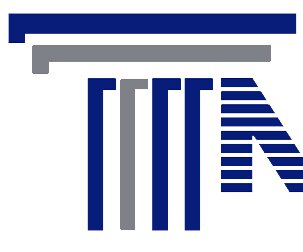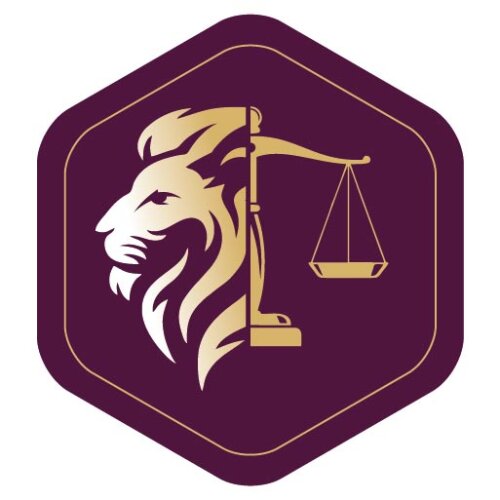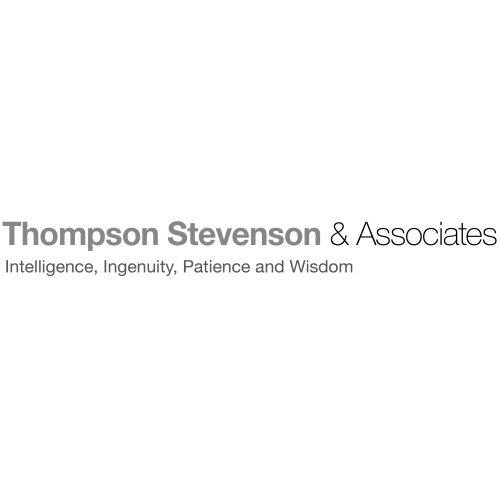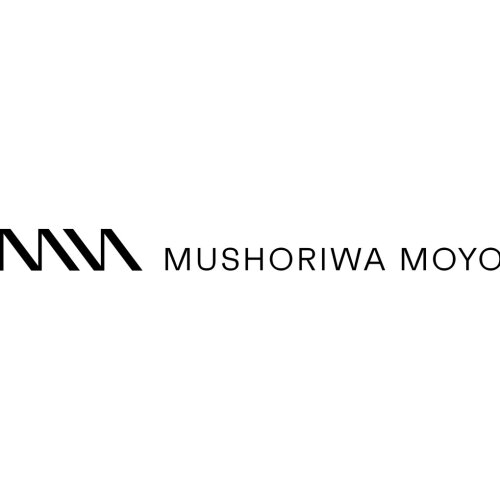Best Discrimination Lawyers in Harare
Share your needs with us, get contacted by law firms.
Free. Takes 2 min.
List of the best lawyers in Harare, Zimbabwe
About Discrimination Law in Harare, Zimbabwe
Discrimination in Harare, Zimbabwe, falls under both constitutional and statutory frameworks. The Constitution of Zimbabwe explicitly prohibits discrimination on various grounds, including race, ethnicity, gender, religion, and political affiliation. This legal framework seeks to promote equality and safeguard the rights of individuals against bias and prejudice in different spheres of life, such as employment, education, and public services.
Why You May Need a Lawyer
There are several scenarios where individuals might need the assistance of a lawyer in discrimination cases in Harare. Common situations include:
- Experiencing discrimination in the workplace, such as unfair treatment, harassment, or wrongful termination based on prohibited grounds.
- Dealing with unequal access to public services or resources, possibly resulting from bias against one’s gender, ethnicity, or other protected characteristics.
- Facing discrimination in educational institutions, which can affect admission processes, treatment by faculty members, or access to resources.
- Requiring mediation or representation in legal proceedings to ensure that one's rights are protected and promoted.
Local Laws Overview
Several key laws govern discrimination in Harare, Zimbabwe:
- The Constitution of Zimbabwe (2013): The supreme law that prohibits discrimination and supports equality in Zimbabwe.
- The Labour Act: Governs labor relations and includes provisions against unfair labor practices and discrimination in workplaces.
- The Public Service Act: Ensures non-discriminatory practices within public sector employment.
- The Education Act: Promotes equality in education and prevents discriminatory treatment in educational settings.
Frequently Asked Questions
What constitutes discrimination under Zimbabwean law?
Discrimination occurs when someone is treated unfairly or less favorably based on characteristics like race, gender, nationality, ethnicity, or religion, among others.
Is there legal recourse for discrimination in employment in Harare?
Yes, individuals can pursue claims under the Labour Act, which prohibits discrimination and unfair treatment in the workplace.
Can I file a discrimination complaint without a lawyer?
While it's possible to file a complaint on your own, having a lawyer can provide guidance, improve your chances of a successful outcome, and ensure your rights are protected.
What should I do if I experience discrimination in a public service setting?
You should document the incident, gather any evidence, and consider consulting a lawyer to explore your options for filing a complaint.
What kind of evidence is required in a discrimination case?
Evidence can include documents, witness statements, emails, text messages, or other materials that demonstrate discriminatory behavior.
Are there specific bodies to which I can report discrimination incidents in Harare?
Yes, you can report incidents to the Zimbabwe Human Rights Commission or the Labour Court, depending on the context of the discrimination.
How long do I have to file a discrimination lawsuit?
Time limits vary, so it's crucial to consult with a lawyer promptly to ensure compliance with filing deadlines.
Can discrimination occur in schools?
Yes, discrimination in educational settings can occur and is prohibited under the Education Act.
What are some potential outcomes of a discrimination case?
Outcomes can include compensation for damages, reinstatement in a job, policy changes, or other remedies as deemed appropriate by the court.
Is mediation a viable option in discrimination disputes?
Mediation can be a less adversarial way to resolve disputes, often leading to mutually agreed-upon solutions without a formal court process.
Additional Resources
Several resources and organizations in Harare can provide support and information on discrimination matters:
- The Zimbabwe Human Rights Commission
- The Legal Resources Foundation (LRF) Zimbabwe
- Zimbabwe Lawyers for Human Rights (ZLHR)
- The Labour Court for employment-related issues
Next Steps
If you need legal assistance concerning discrimination, consider the following steps:
- Document all incidents thoroughly, gather any available evidence, and list potential witnesses.
- Consult with a qualified lawyer specialized in discrimination law to understand your rights and options.
- Contact relevant governmental or non-governmental organizations for support or referral to legal professionals.
- Consider whether mediation or negotiation could be effective in resolving the dispute outside of court.
Lawzana helps you find the best lawyers and law firms in Harare through a curated and pre-screened list of qualified legal professionals. Our platform offers rankings and detailed profiles of attorneys and law firms, allowing you to compare based on practice areas, including Discrimination, experience, and client feedback.
Each profile includes a description of the firm's areas of practice, client reviews, team members and partners, year of establishment, spoken languages, office locations, contact information, social media presence, and any published articles or resources. Most firms on our platform speak English and are experienced in both local and international legal matters.
Get a quote from top-rated law firms in Harare, Zimbabwe — quickly, securely, and without unnecessary hassle.
Disclaimer:
The information provided on this page is for general informational purposes only and does not constitute legal advice. While we strive to ensure the accuracy and relevance of the content, legal information may change over time, and interpretations of the law can vary. You should always consult with a qualified legal professional for advice specific to your situation.
We disclaim all liability for actions taken or not taken based on the content of this page. If you believe any information is incorrect or outdated, please contact us, and we will review and update it where appropriate.
















